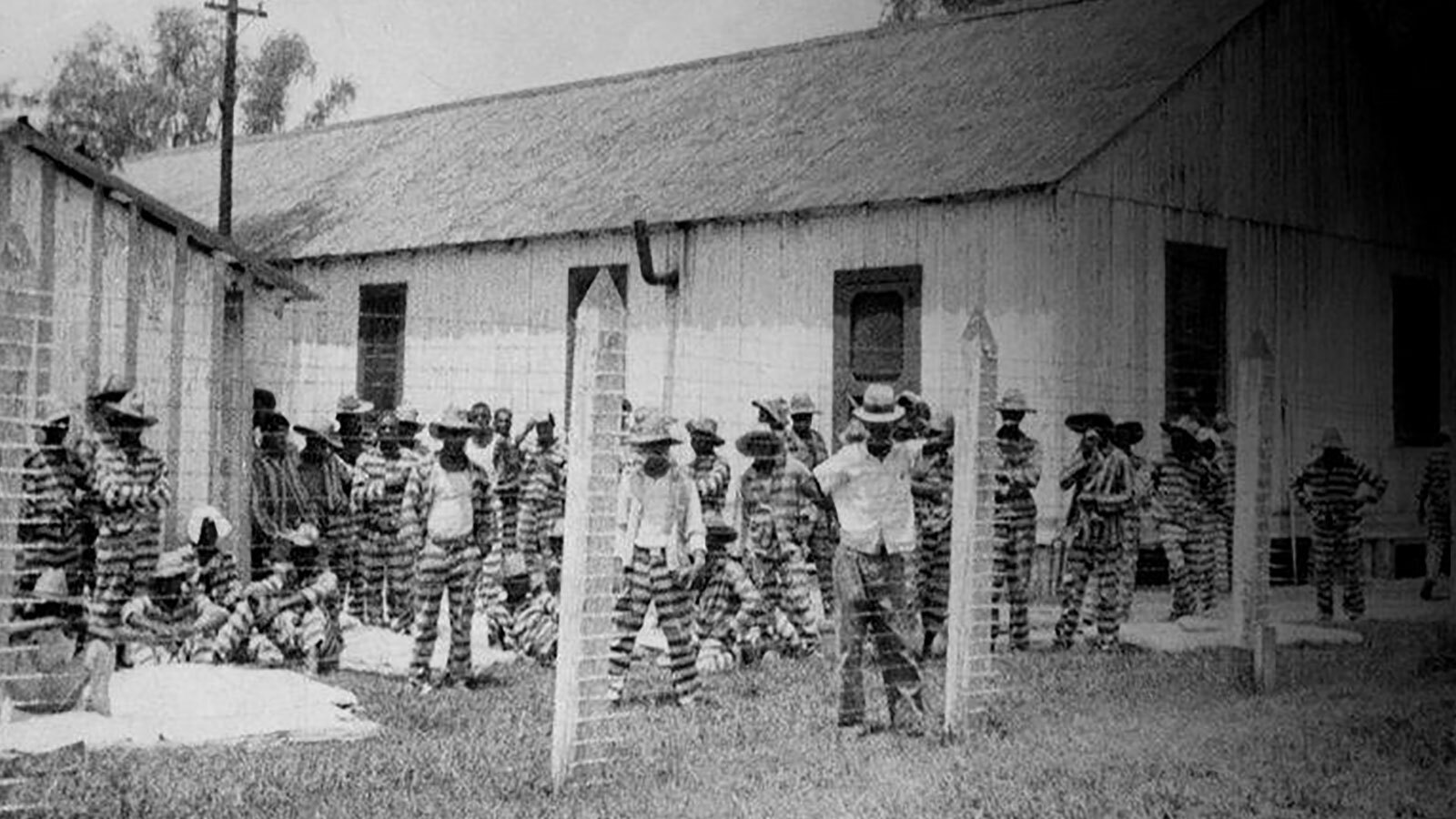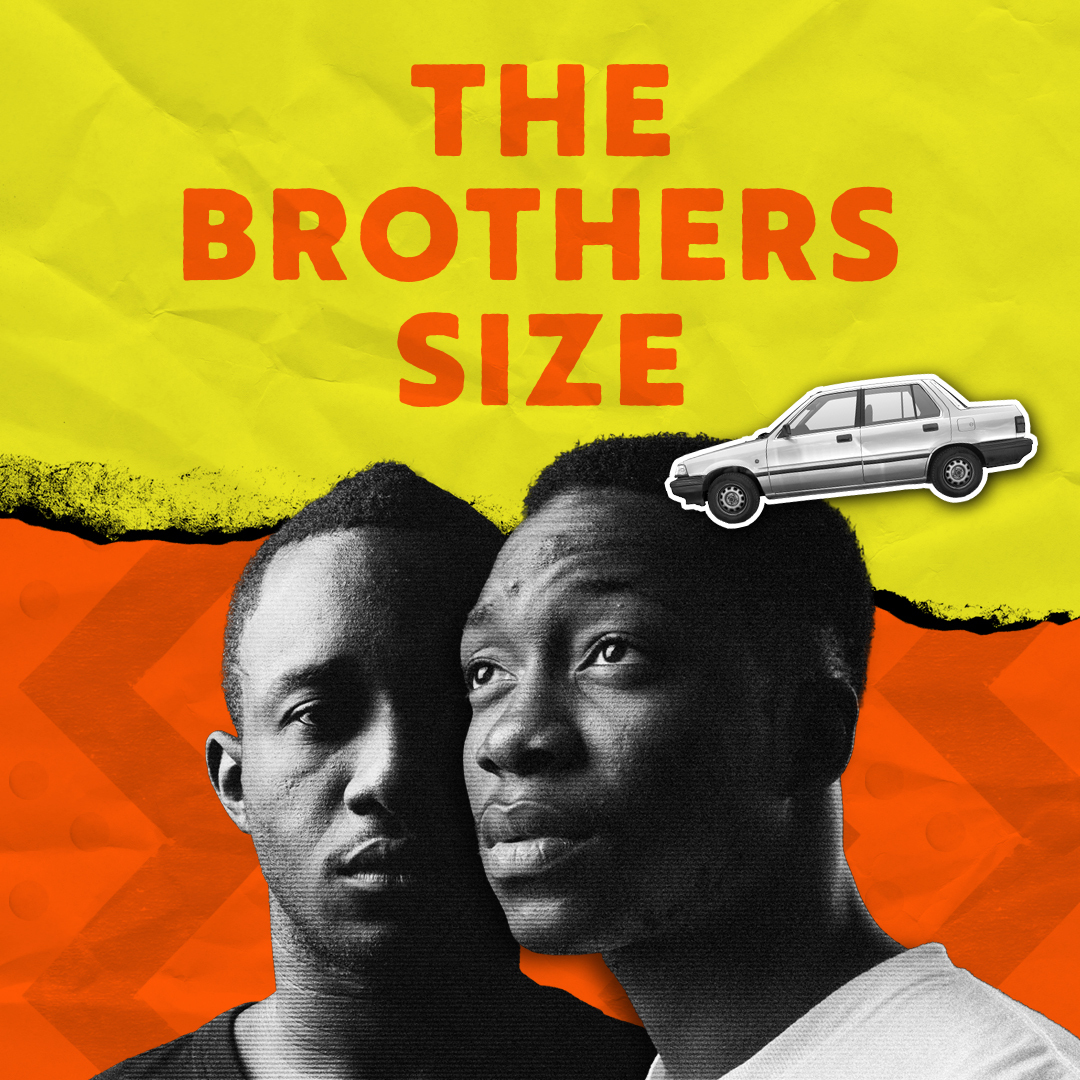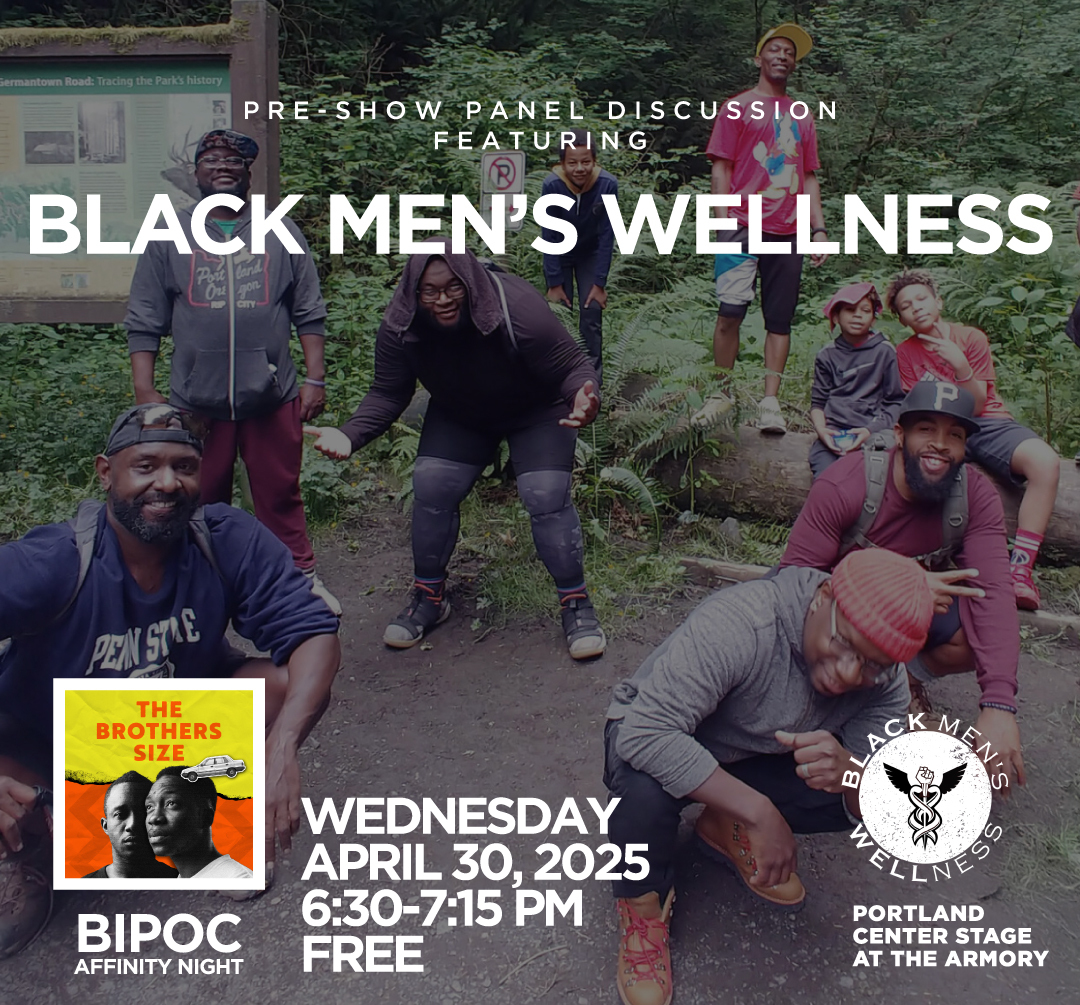Ogun’s Brother is Missing: The Impact of Mass Incarceration
According to the ACLU and the Prison Policy Initiative, there are currently 2 million people incarcerated and 3.7 million on some form of post-release supervision in the United States. Though Americans make up just 5% of the world’s population, we have more than 20% of the global prison population. The staggering cost of the prison industry — $182 billion a year.
In Louisiana, where The Brothers Size is set, there are 9 state prisons, 19 jails and 4 federal prisons and as of 2024, Louisiana holds the record of the highest per-capita incarceration rate. One factor driving up the number of Louisiana’s incarcerated population is the practice of pretrial incarceration. This allows the state to hold people who may or may not be guilty in jails and prisons simply because they cannot make bail. The other demographic driving up rates in Louisiana is those reincarcerated due to parole violations. In 2016, more than 51% of those imprisoned were there for such violations, and nearly 1 in 5 incarcerated were convicted for a technical violation – like being late for curfew or missing an office visit.
It is no secret that the majority of those incarcerated are Black and Brown. Not only are communities of Color are disproportionately affected by imprisonment, they are also serving longer and harsher sentences than their white counterparts. For example, in the height of the 90s War on Drugs, sentences for Black offenders were 49% longer and by 2006, 80% of those incarcerated for drug related crimes were Black but 2/3rds of drug users were white and/or Hispanic.
Most of the people who go into prison, will one day get out and face a world that has changed in their absence. According to the Department of Justice, approximately 10,000 individuals are released from prison every week. Once a person is released, there are many factors that complicate reentry but chief among them is unemployment and houselessness. A 2018 study found that the unemployment rate of formerly incarcerated individuals was 27% — compared to 3.8% in the country at large at the same time. For context, the unemployment rate during The Great Depression was 24.3%. According to the Bureau of Justice, only 12.5 percent of employers said they would accept an application from a formerly incarcerated individual.
If these numbers seem astronomical, they still do not yet paint a full picture. The effect of incarceration does not get felt by just the person experiencing incarceration, nor even those experiencing the crimes some of them have committed. The National Institute of Justice describes the “hidden victim” — the families, friends and loved ones of those incarcerated. Between 50-75% of incarcerated individuals have minor children and incarcerated fathers are, on average, in prisons 100 miles away from their children; incarcerated mothers are, on average, 160 miles away from their children. Distance, limited access, loss of wages and separation from a loved one impact the lives of those children in countless ways that are felt into adulthood.
In The Brothers Size all of the characters are, like us, living in this reality. Playwright Tarrell Alvin McCraney cites his own experience of having a brother who had experienced incarceration and the impact it had on their family.
“The prison industrial complex destroys families and changes lives forever. And not just the lives of all the people around them as well. My brother came out of jail completely changed, and there was no way to help him. I did not have the tools, the resources, theaccess – and still don’t – to make his life better.”
In the same interview, done before the 2019 production of Brothers Size at Steppenwolf Theater, he spoke of how he translated that feeling of not having the tools into the play:
“The piece had been in my heart and in my mind for a while, but I didn’t write it down and it didn’t become a play until I came across a simple two line Yoruba poem that basically says: “Ogun’s brother is missing. Ogun builds tools to find him.”
All those who have been impacted by this system know what it is to either be missing like Ogun’s brother or to spend their lives building tools to find him. Perhaps this play is one of those tools. There are many others — like The Prison Policy Initiative that does research on the impacts of mass incarceration on society, The Institute to End Mass Incarceration that trains lawyers at Harvard, and The Resolve to Stop the Violence Project that champions restorative justice between incarcerated individuals and the community members impacted by their offenses. Mass incarceration impacts all of us and each of us can take the time to build tools to find those missing in the maze of the carceral state.
Portland Center Stage is committed to identifying & interrupting instances of racism & all forms of oppression, through the principles of inclusion, diversity, equity, & accessibility (IDEA).

















